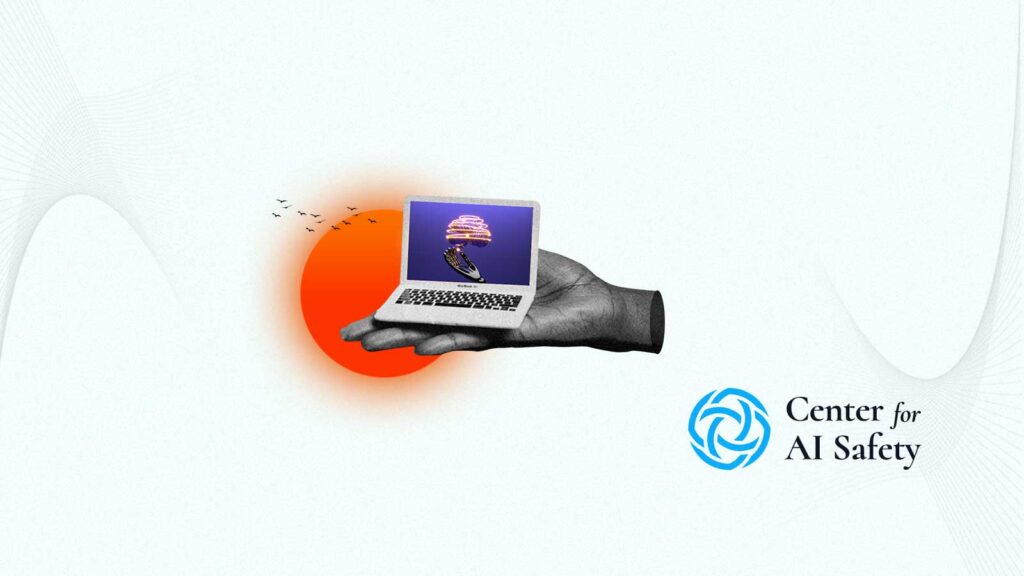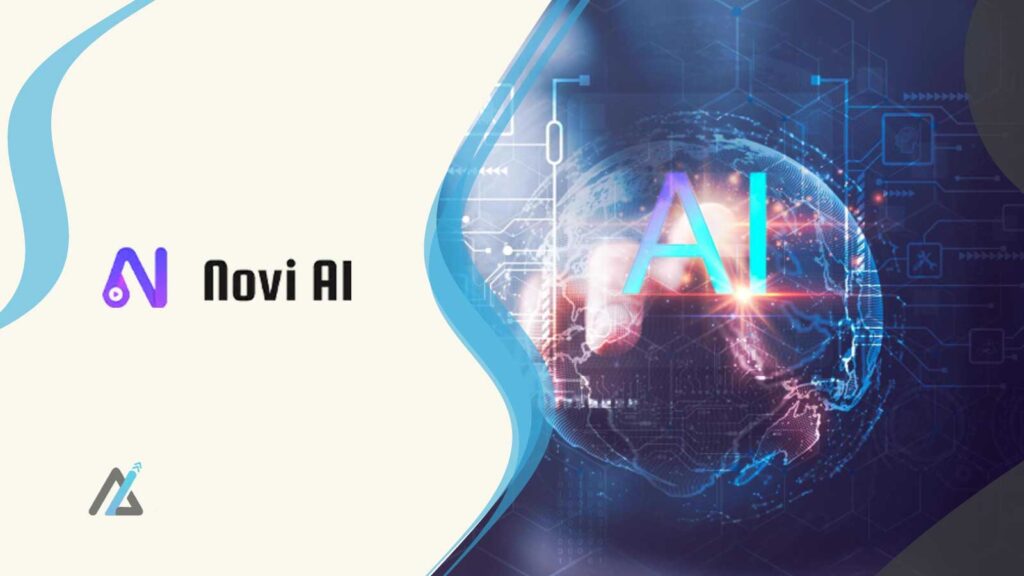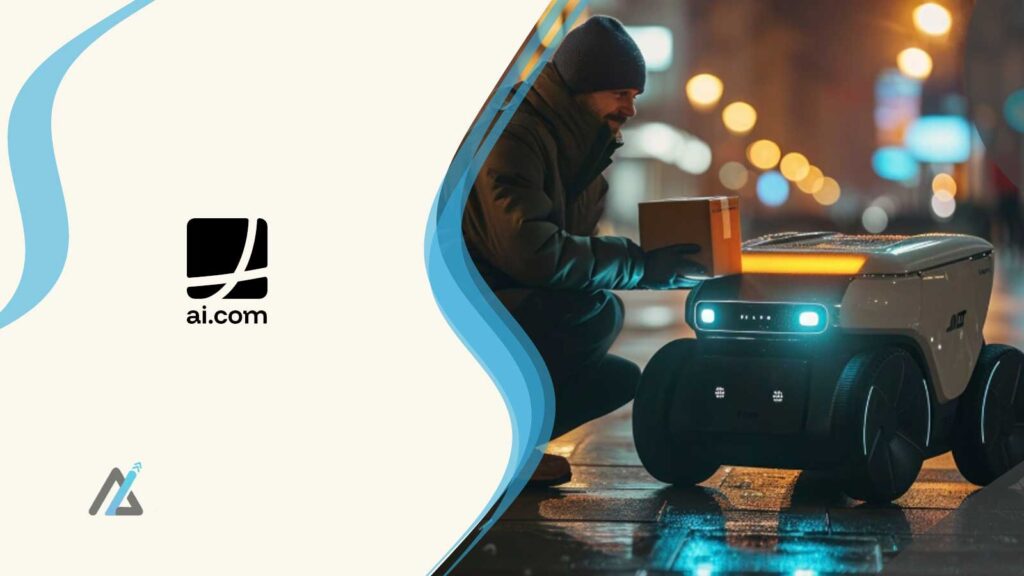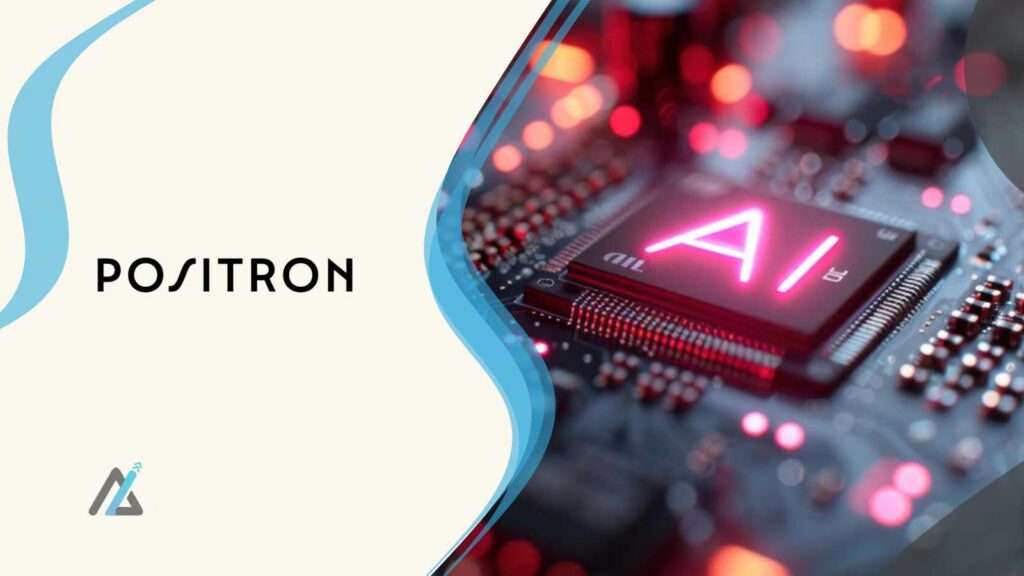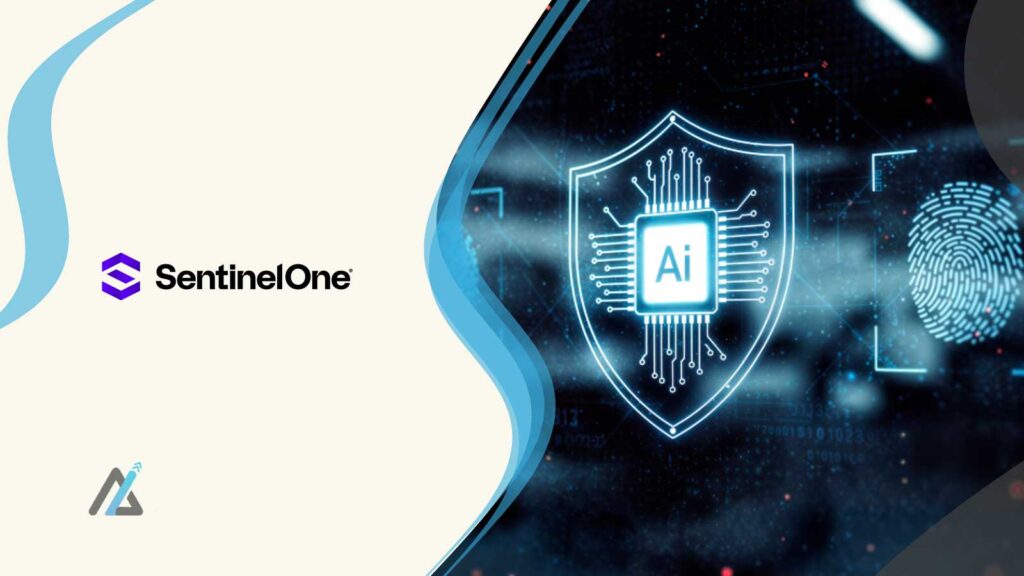The Center for AI Safety (CAIS) and Scale AI announced the results of a groundbreaking new AI benchmark that was designed to test the limits of AI knowledge and whether the models are capable of chain-of-thought reasoning. The results demonstrated a significant improvement from the reasoning capabilities of earlier models, but current models still were only able to answer fewer than 10 percent of the expert questions correctly.
The new benchmark, called “Humanity’s Last Exam,” evaluated whether AI systems have achieved world-class expert-level reasoning and knowledge capabilities across a wide range of fields, including math, humanities, and the natural sciences. Throughout the fall, CAIS and Scale AI crowdsourced questions from experts to assemble the hardest and broadest problems to stump the AI models. The exam was developed to address the challenge of “benchmark saturation”: models that regularly achieve near-perfect scores on existing tests, but may not be able to answer questions outside of those tests. Saturation reduces the utility of a benchmark as a precise measurement of future model progress.
AI Tech Insights: VERSES Genius Agent Outperforms Leading AI Algorithms at Major Industry Benchmark
CAIS and Scale AI Unveil Results of “Humanity’s Last Exam,” a Groundbreaking New Benchmark
“We wanted problems that would test the capabilities of the models at the frontier of human knowledge and reasoning,” said Dan Hendrycks, CAIS co-founder and executive director. “We can’t predict how quickly the models will advance. When I released the MATH benchmark—a challenging competition mathematics dataset—in 2021, the best model scored less than 10%; few predicted that scores higher than 90% would be achieved just three years later. Right now, Humanity’s Last Exam shows that there are still some expert closed-ended questions that models are not able to answer. We will see how long that lasts.”
Testing Methodology
Altogether, CAIS and Scale researchers collected more than 70,000 trial questions. That led to a selection of 13,000 questions for human expert review which, in turn, were finalized to a set of 3,000 questions on the final exam’s public release. The questions were aimed at world-class expert levels and were put to several multi-modal, frontier LLMs including OpenAI GPT-4o, Anthropic Claude 3.5 Sonnet, Google Gemini 1.5 Pro, and OpenAI o1.
“We know the AI revolution is being shaped by human ingenuity, and we’re proud to be at the forefront. To help humans measure AI progress, we engineered what might be the ultimate test, meticulously distilled and designed to challenge the world’s most advanced models at the frontiers of intelligence—requiring precise, multi-step logical reasoning and unambiguous answers at a level that pushes even the most sophisticated AI systems to their limits.” Summer Yue, Director of Research at Scale AI said.
AI Tech Insights: Benchmark Gensuite Unveils GenAI Capabilities for EHS and Sustainability Management
Humanity’s Last Exam was a global collaborative effort involving nearly 1,000 contributors from more than 500 institutions across 50 countries, with most contributors being active researchers or professors. The questions spanned multiple formats, including text-only and multi-modal challenges that integrated images and diagrams.
The questions were designed to deeply test the capability of the models across diverse domains. For example, a question submitted in Ecology asked:
“Hummingbirds within Apodiformes uniquely have a bilaterally paired oval bone, a sesamoid embedded in the caudolateral portion of the expanded, cruciate aponeurosis of insertion of m. depressor caudae. How many paired tendons are supported by this sesamoid bone? Answer with a number.”
In the final round of testing, Yue said they saw some of the models begin to answer a fraction of the questions correctly (less than 10%); however, she said variations frequently happen in model testing and could be the result of randomness. CAIS and Scale AI said they will open up the dataset to the research community, to dig deeper into the variations and to evaluate new AI systems while continuing to explore the limitations of existing models. A small subset of questions will be held back to preserve integrity for future evaluations.
Top Questions
CAIS and Scale AI offered financial awards for the best contributions to Humanity’s Last Exam, with $5,000 USD awarded for each of the top 50 questions and $500 USD for the next 500 best submissions, along with the opportunity for coauthorship of the final paper.
“By identifying the gaps in AI’s reasoning capabilities, Humanity’s Last Exam not only benchmarks current systems but also provides a roadmap for future research and development,” said Yue.
AI Tech Insights: Vespa.ai Announces Significant Performance Gains Over Elasticsearch in New Benchmark
Source – PR Newswire
To share your insights, please write to us at news@intentamplify.com


